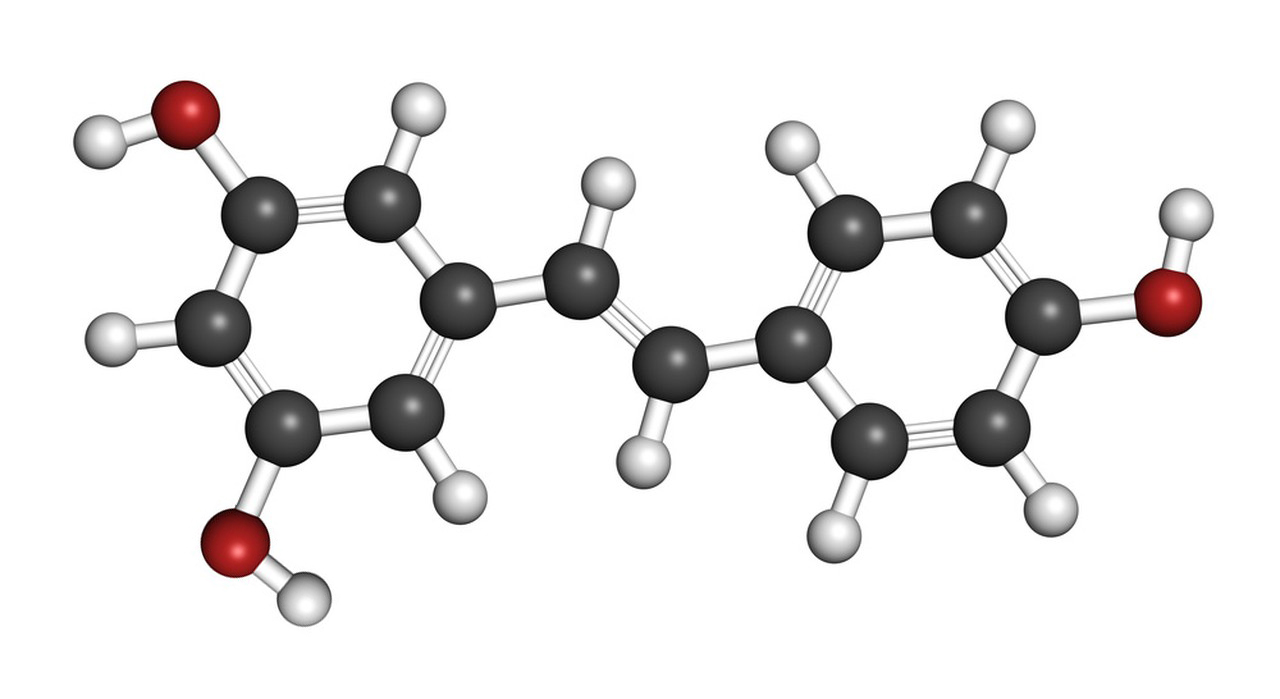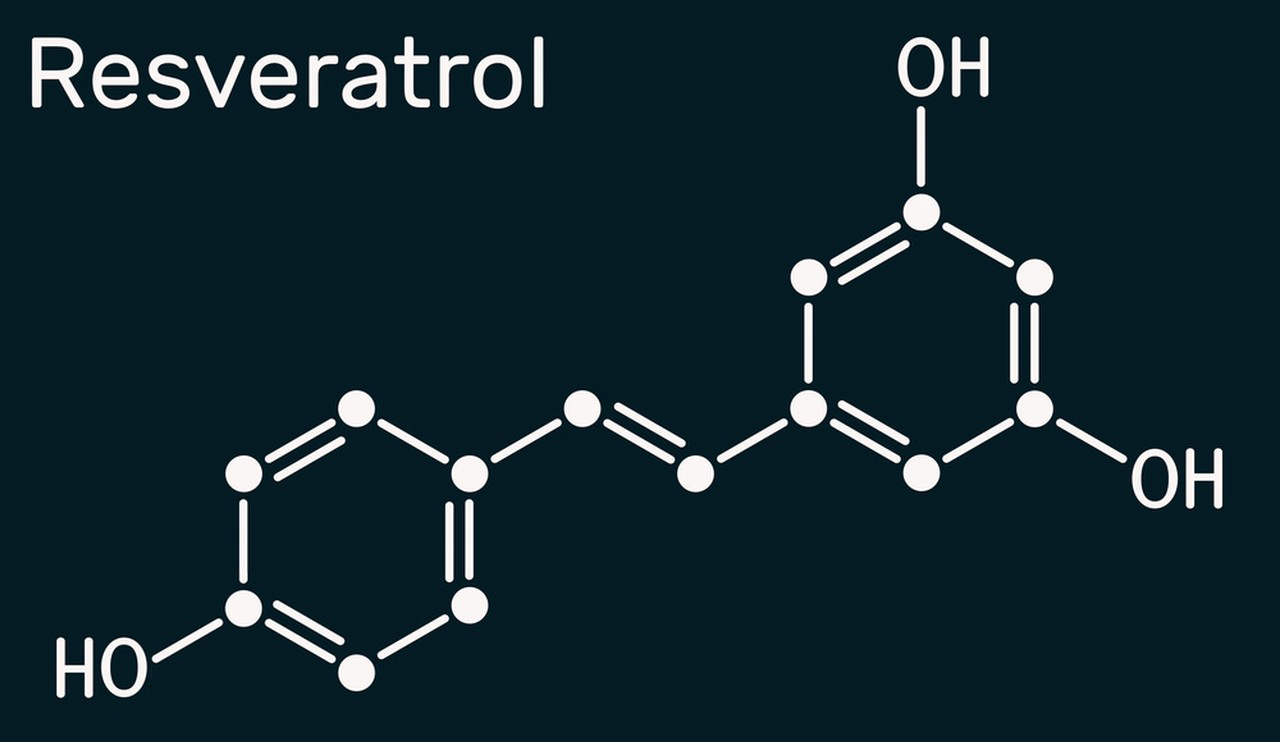Resveratrol is a natural compound that has gained significant attention in recent years due to its potential health benefits. It is a type of polyphenol, which is a class of organic compounds found in various plants, including grapes, red wine, and certain fruits. The name “resveratrol” comes from the Latin word “Resina” (resin) and “veratrum” (a genus of flowering plants), as it was originally isolated from the roots of the white hellebore (Veratrum grandiflorum).
Here’s some information about the origin and nature of resveratrol:
Natural Sources: Resveratrol is found in various plant species, but it is most commonly associated with grapes, especially red grapes. It is also present in red wine, peanuts, and certain berries like blueberries and cranberries. The compound is thought to act as a protective substance for these plants against various environmental stressors, such as infections and UV radiation.
Health Benefits: Resveratrol has received attention for its potential health benefits, which include antioxidant properties and possible contributions to cardiovascular health. Some studies have suggested that it may help protect the lining of blood vessels, reduce inflammation, and have potential anticancer properties. However, the scientific evidence on the extent and mechanism of these benefits is still a subject of ongoing research and debate.
Antioxidant Properties: Resveratrol is an antioxidant, which means it can neutralize harmful free radicals in the body. This property can help protect cells from oxidative damage, potentially reducing the risk of certain chronic diseases.

Red Wine: Red wine, particularly varieties made from red grapes like Pinot Noir and Cabernet Sauvignon, is often associated with resveratrol. The concentration of resveratrol in wine is relatively low, but some people have suggested that moderate consumption of red wine may provide health benefits.
Supplements: Resveratrol supplements are also available and have been marketed for their potential health benefits. These supplements typically contain higher concentrations of resveratrol than what is naturally found in foods. However, the effectiveness and safety of resveratrol supplements are still a topic of ongoing research.
It’s important to note that while resveratrol shows promise in various studies, it is not a miracle cure, and more research is needed to fully understand its potential benefits and limitations. If you are considering using resveratrol supplements for specific health concerns, it’s advisable to consult with a healthcare professional to ensure it’s appropriate for your individual needs.
Chemical structure and physical properties of Resveratrol
Resveratrol is a natural polyphenolic compound found in various plants, including grapes, red wine, peanuts, and some berries. It is well-known for its potential health benefits and is often studied for its antioxidant and anti-inflammatory properties. Here is some information about its chemical structure and physical properties:
Chemical Structure:
Resveratrol has a relatively simple chemical structure. Its chemical formula is C14H12O3, and it consists of a stilbene backbone, which is a hydrocarbon with two phenyl rings connected by a double bond (C6-C2-C6). The chemical structure of resveratrol can be represented as follows:

Physical Properties:
Appearance: Resveratrol is a white to pale yellow crystalline solid. It is sparingly soluble in water but dissolves more readily in organic solvents like ethanol and dimethyl sulfoxide (DMSO).
Melting Point: The melting point of resveratrol typically ranges from 253 to 255 degrees Celsius (487 to 491 degrees Fahrenheit).
Molecular Weight: The molecular weight of resveratrol is approximately 228.25 g/mol.
Solubility: Resveratrol is sparingly soluble in water but is more soluble in organic solvents. Its solubility in water can be improved with the use of solubilizing agents.
Odor and Taste: Resveratrol is virtually odorless, and its taste can vary from mildly bitter to tasteless.
Boiling Point: Resveratrol decomposes before reaching its boiling point due to its thermal instability.
Stability: Resveratrol is sensitive to light, heat, and oxygen. It can degrade when exposed to these factors, which can affect its potency and bioavailability.
It’s important to note that resveratrol is often taken as a dietary supplement, and its potential health benefits are the subject of ongoing research. However, the effectiveness of resveratrol in humans may depend on factors like dosage, bioavailability, and individual variability. Always consult with a healthcare professional before starting any new dietary supplement regimen.
